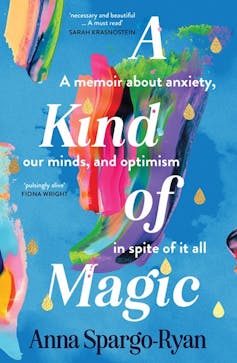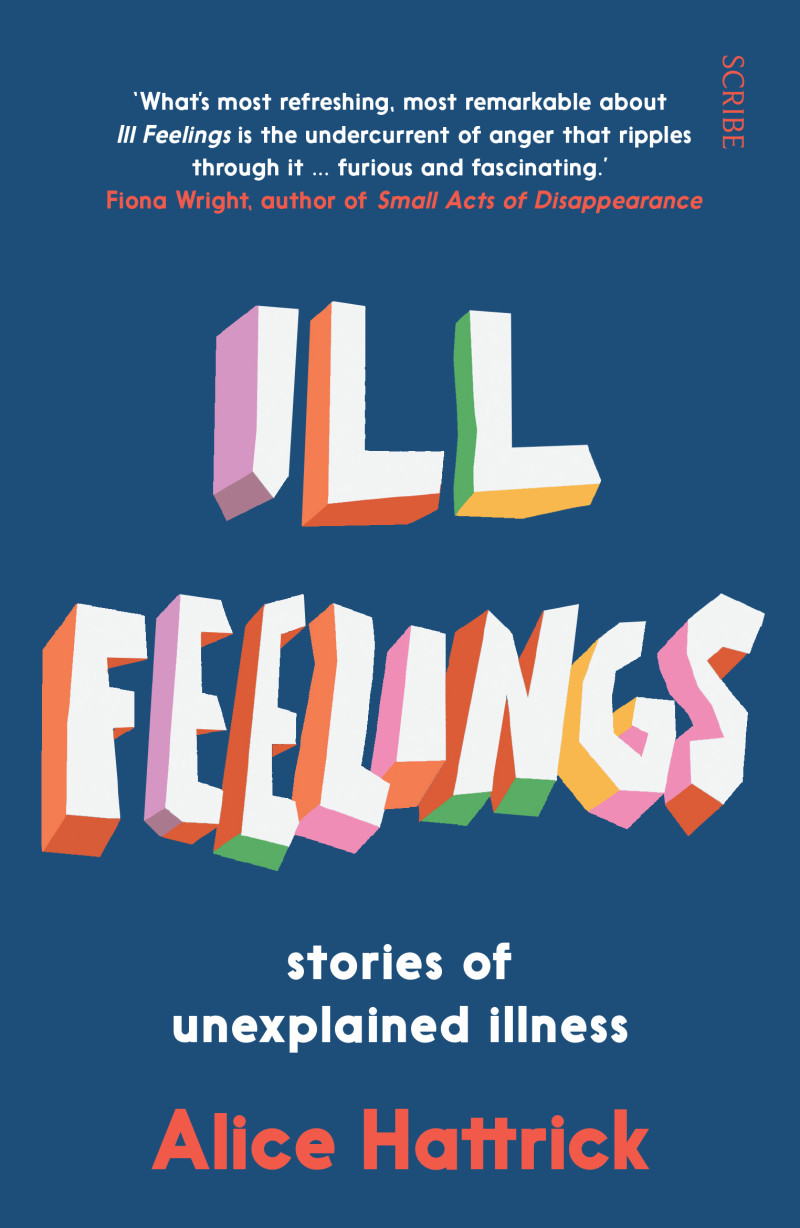Choosing favourites: Three Summer Reads
Local ABC breakfast radio has been asking authors to choose their three favourite summer reads. With so many fantastic books published during COVID – thankfully – it was very tricky to narrow it down. So, as we dive into autumn here, I’ve stretched three books to four – plus a few others.
WEATHER by Jenny Offill 
Lizzie is a university librarian in New York dealing with pompous professors, poverty-stricken students, and occasionally drinking too much with her female friends in bars on the rare nights away from her husband and young son. She feels she should probably be doing greater things. During this short book which zigzags between wit and tragedy, we slowly find out why.
Lizzie’s old mentor Sylvia is an ecologist and runs a podcast on climate change. Sylvia contacts Lizzie occasionally – to see if she’s still squandering her opportunities.
But when Sylvia burns out – she asks Lizzie to answer the deluge of podcast comments flooding in from evangelical Christians, doomsday preppers who stockpile chewing gum, helicopter parents, and trillionaires who want to know which mountain peak or chunk of island they should buy to escape the coming catastrophe.
So Lizzie dives down into the mine-pit of information and misinformation while she juggles work. She’s also bringing up her small serious son who attends a large school, and keeping things in sync with her warm and bookish historian husband. She also goes to mediation classes, avoids the over-competitive parents in the school yard, and the neighbor who ambushes her in the corridor to talk about hateful things.
And then there is Lizzie’s brother, a recovering addict, who needs to move in to their already tiny New York apartment.
This wonderful narrative is told in small bursts of prose. It builds up slowly, a mosaic of information, lists, stories, jokes, anecdotes, politics, poetry.
It cirlces around climate change but also about everything else that swirls through contemporary life and distracts, delights and keeps us awake. The succinctness and weaving of glittering threads creates an enthralling whole.
Jenny Offill describes herself as a ‘merciless editor’ and pares everything back. Every line zings or stings.
A novel for now, yesterday, tomorrow, and too late – it’s a meditation on the natural world and the unnatural world – and how we live in it, and treat it – and who and what we leave behind.
Song of the Crocodile by Nardi Simpson
The Song of the Crocodile is about the First Nations Bilymyl family living on the edge of the small Australian town of Darnmoor. The living conditions are relentlessly tough in this vibrant community.
We meet Margaret who works at the local hospital, and Celie, and Mili. The women set up a successful wash house for the town – literally doing everybody’s dirty laundry – which also gives them access to rich white people’s houses.
This is all about small town politics, and prevailing white Australian myths. There’s the push for redevelopment that will benefit some of the townsfolk – but not the First Nations community.
The author Nardi Simpson is a Yuwaalaraay storyteller, musician and performer living in Sydney. This is her debut novel. This multi-generational epic story captures the searing hypocrisy of race relations and small town politics, the secrets that ooze beneath the surface and the past injustices that persist, deftly told through an ensemble cast of brilliantly drawn characters. I could hear them speaking as I read.
A gripping and engrossing read.
Interspersed with this tough and delicate narrative, are lyrical passages about the ‘eternal spirits’. As a non-Indigenous reader, I loved this interleaving, and how it weaves and deepens the narrative.
A powerful important book, The Song of the Crocodile was long-listed for the Stella Prize.
THE VANISHING HALF by Brit Bennett
Stella and Desiree are identical sisters, born into a southern American town that doesn’t really exist on the map – and is home to a proud population of fair-skinned African Americans.
As children, Stella and Desiree witness a horrific act of racially-targeted brutality committed against their father. The sisters carry that event as they navigate different paths.
The Vanishing Half opens with one sister striding down the Mallard’s main street after many years away, alongside her young daughter. The author captures the potent atmosphere of small town politics – the rumours, the stories, the whispers, assumptions, the ambivalence and the mystery rippling behind the curtains along the street,
We cut to the past, taking us to 1960s New Orleans when the sisters ran away from their home town. But at some point, the sisters separate.
One sister discovers by accident she can pass as white, and moves into the very white world of work, marriage, money, polite suburbia, keeping her heritage secret even from her husband – while the politics of the 1960s civil rights movement erupts. Her carefully curated façade threatens to crack.
The other sister’s story takes us to the 1970s LA drag scene, exploring issues of gender, sexuality and identity, mixing in a world of people who are marginalized in some way, helping each other, finding and building community and solace as they try to survive.
Both sisters challenge the limitations others persist in trying to set for them in their own ways.
This book is all about compassion, and pride, generosity. It is never judgmental about people’s actions and the choices they make or the relentless difficulties they the face. It’s about finding your way and taking up your place when much of the world dismisses your worth.
It’s also about the legacies all of us inherit from our families, strangers, neighbours, larger forces such as daily cultural bias and the complexities of politics – whether we live in towering crowded cities, in perfect-looking suburban estates, or in small towns with deep histories, and powerful rivers running through them.
Brit Bennett’s debut novel The Mothers won a swag of awards.
The Vanishing Half is in production as a TV series.
 HAMNET by Maggie O’Farrell
HAMNET by Maggie O’Farrell
Hamnet opens in 1596 in Stratford upon Avon with 10 year old Hamnet Shakespeare wandering through the empty house in a slow panic. His twin sister Judith has just fallen very ill. He can only find his angry grandfather – but there’s no sign of his mother Agnes Hathaway.
The story spirals between time and place and characters, but we centre on Agnes and Hamnet, and the daily lives in the years of the plague.
William Shakespeare is never named in the book, but referred to as ‘the Latin tutor’ or ‘the husband’. He is cleverly kept off camera, and described as being impractical. He feels trapped in his life, and despises his brutal father who is in debt.
Agnes, however, is pragmatic. We first see her walking in the forest with a kestrel on her arm. Shakespeare thinks she’s a boy – then realizes it’s the wild woman he’s heard rumours about. Agnes has grown up motherless, using the forest as her pharmacy, sanctuary, and her school. There are stunning descriptions of the natural world.
This is a novel about grief, and how different people to react to great loss, trauma and sadness. One person’s reactions can feel inexplicable to one another – especially within a shattered family. Hamnet charts how a wife and husband distance themselves and yet retain a connection.
Shakespeare disappears to London. Art is a salve for him. The famous play Hamlet emerges, and the internal unspeakable turmoil is turned into something that can be seen and articulated.
For Agnes, healing gives her continued purpose.
Hamnet is a New York Times bestseller.
Other recommendations:
 Fire Front – edited by Alison Whittaker
Fire Front – edited by Alison Whittaker
 On Connection by Kae Tempest
On Connection by Kae Tempest
 Intimations by Zadie Smith and The Cost of Living by Deborah Levy.
Intimations by Zadie Smith and The Cost of Living by Deborah Levy.
****

Watch the recording of authors Victoria Purman, Pip Williams, and Emma Ashmere for Down the Rabbit Hole: History & Fiction Writing hosted by History Trust South Australia Tues 20th April 2021 @ 5.30pm (Adelaide time). Free zoom.
 Emma Ashmere was born in Adelaide, South Australia on Kaurna land. Her 2020 short story collection DREAMS THEY FORGOT is published by Wakefield Press. Her stories have been widely published including in the Age, Griffith Review, Overland, Review of Australian Fiction, Sleepers Almanac, Etchings, Spineless Wonders, #8WordStory, NGVmagazine, and the Commonwealth Writers literary magazine, adda. She has been shortlisted for the 2019 Commonwealth Writers Short Story Award, 2019 Newcastle Short Story Award, 2018 Overland NUW Fair Australia Prize, and the 2001 Age Short Story Competition; and longlisted for the 2020 Big Issue Fiction Edition, and the 2020 Heroines Prize, with another story forthcoming in the NZ/Aust Scorchers climate change anthology. Her critically acclaimed debut novel, The Floating Garden, was shortlisted for the Small Press Network Book of the Year 2016. See more of Emma’s posts about books and writing here.
Emma Ashmere was born in Adelaide, South Australia on Kaurna land. Her 2020 short story collection DREAMS THEY FORGOT is published by Wakefield Press. Her stories have been widely published including in the Age, Griffith Review, Overland, Review of Australian Fiction, Sleepers Almanac, Etchings, Spineless Wonders, #8WordStory, NGVmagazine, and the Commonwealth Writers literary magazine, adda. She has been shortlisted for the 2019 Commonwealth Writers Short Story Award, 2019 Newcastle Short Story Award, 2018 Overland NUW Fair Australia Prize, and the 2001 Age Short Story Competition; and longlisted for the 2020 Big Issue Fiction Edition, and the 2020 Heroines Prize, with another story forthcoming in the NZ/Aust Scorchers climate change anthology. Her critically acclaimed debut novel, The Floating Garden, was shortlisted for the Small Press Network Book of the Year 2016. See more of Emma’s posts about books and writing here.














